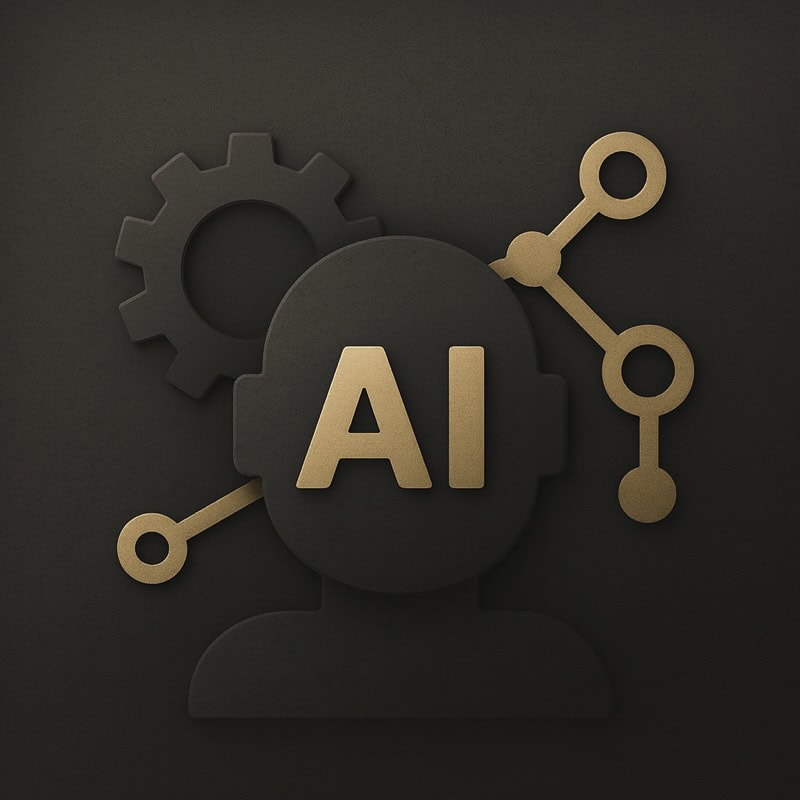Top 10 Transformative Effects of AI on SEO: What You Need to Know
Artificial Intelligence (AI) is revolutionizing the world of search engine optimization (SEO). With Google’s algorithm updates becoming smarter and search behaviors evolving rapidly, understanding the effects of AI on SEO is essential for businesses, marketers, and content creators. In this article, we’ll explore the top ways AI is reshaping SEO and what you can do to stay ahead in this fast-changing digital environment.
1. AI-Powered Keyword Research
Traditional keyword research relied on tools that generated long lists based on volume and competition. AI, however, has introduced predictive keyword modeling, intent clustering, and real-time search trend tracking. Platforms like Clearscope and MarketMuse use AI to suggest contextually relevant keywords based on top-ranking content and semantic analysis.
2. Smarter Content Creation with NLP
Natural Language Processing (NLP), a subset of AI, helps search engines understand content like a human would. Google’s BERT and MUM updates are prime examples. AI tools like ChatGPT and Jasper allow creators to generate SEO-friendly, conversational content that aligns with user intent and topic depth.
3. Enhanced Search Intent Understanding
AI helps SEO professionals shift focus from keyword stuffing to satisfying user intent. Search engines now interpret whether users want informational, navigational, or transactional results. AI models improve this interpretation by analyzing user behavior, content patterns, and engagement signals.
4. AI and Voice Search Optimization
With more users relying on voice assistants, SEO strategies must evolve. AI understands natural language queries and longer-tail keywords used in voice searches. Optimizing content for conversational tone and question-based queries is now critical for visibility.
5. AI Improves Content Personalization
Search engines use AI to deliver personalized search results based on user history, location, and behavior. For SEO, this means tailoring content to audience segments and ensuring a dynamic user experience. Tools like OneSpot and BrightEdge enable hyper-targeted content creation.
6. Predictive SEO with AI
AI enables predictive analytics, allowing marketers to forecast keyword trends, content performance, and ranking fluctuations. This helps prioritize high-impact strategies and avoid wasting resources on underperforming keywords.
7. AI-Based SEO Audits and Recommendations
AI-driven tools like Surfer SEO and SEMrush audit your site’s performance, technical SEO, content gaps, and backlinks. They also offer real-time suggestions for on-page optimization, improving efficiency and accuracy.
8. AI in Visual and Video SEO
AI is improving image recognition and video transcription, helping search engines better understand visual content. Alt-text generation, automatic tagging, and video summarization enhance discoverability across search and social platforms.
9. Chatbots and User Experience (UX)
AI-powered chatbots improve on-site engagement and customer support, indirectly boosting SEO through lower bounce rates and longer dwell times. Better UX leads to stronger ranking signals.
10. AI and Algorithm Updates
Search engine algorithms increasingly use AI to combat black-hat SEO, low-quality content, and irrelevant backlinks. Staying ethical and focusing on content quality is the best strategy for sustainable SEO success.
What This Means for the Future of SEO
As AI continues to evolve, SEO professionals must adapt. Embracing tools that use AI, staying informed about algorithm changes, and focusing on creating value-driven content will be key to long-term success. SEO is no longer just about rankings; it’s about delivering the right content to the right audience at the right time.
FAQs About the Effects of AI on SEO
How is AI changing SEO strategies?
AI is shifting SEO from keyword-centric strategies to intent-focused content creation, personalized search, and predictive analytics.
Can AI replace human SEO experts?
No, AI supports but doesn’t replace human creativity, strategic thinking, and industry-specific knowledge in SEO.
What are the best AI tools for SEO?
Top tools include Jasper, Surfer SEO, SEMrush, Clearscope, MarketMuse, and ChatGPT for content ideation and optimization.
Does AI help with voice search SEO?
Yes, AI helps understand conversational queries and optimizes content for natural language used in voice searches.
Is AI useful for technical SEO?
Absolutely. AI-driven tools provide site audits, crawl error detection, and real-time optimization suggestions for technical SEO.
How does AI influence content ranking?
AI algorithms evaluate content quality, relevance, user intent satisfaction, and engagement to determine rankings.
Conclusion
The integration of AI into SEO is not a trend—it’s the future. By understanding and leveraging the power of AI in keyword research, content creation, personalization, and algorithm updates, marketers and businesses can unlock new levels of visibility and engagement. Embrace AI, but don’t forget the human touch—it’s still the core of creating meaningful content.
External Resource: For deeper insights, check out Moz’s guide to AI and SEO.


